Living “La Dolce Vita” – GEMBA First Post-Pandemic Global Module
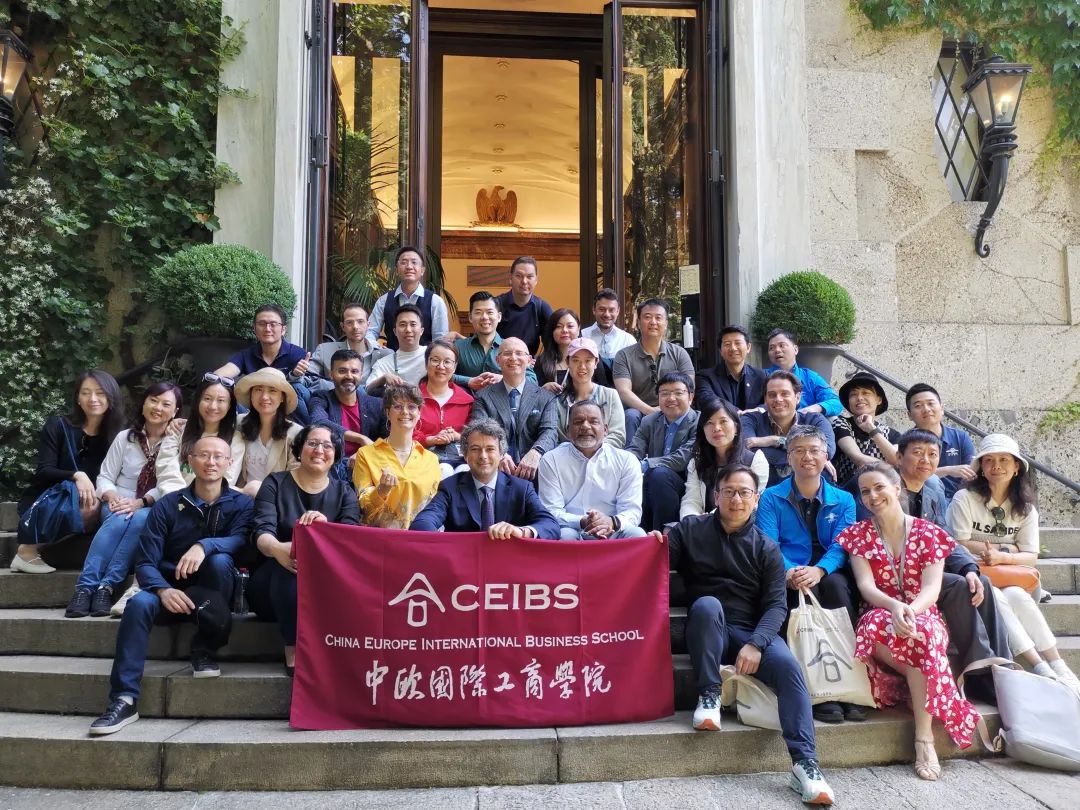
How does the Luxury Industry deliver “The Sweet Life” to the World?
“My tastes are simple: I am easily satisfied with the best.” – Winston Churchill
This opening Global Module (the first of six to be delivered this year) focused on giving its attendees a firm grounding in the luxury goods and services industry. It’s a complicated and unforgiving market, where the consumer demands nothing but the best. Equally, a high-quality product is not the only benchmark for customer satisfaction – keeping up with the accelerating pace of global fashion and technology-based innovation are also prerequisites for any international luxury brand hoping to consistently delight (and therefore retain) its target audience.
Where better to start this exploration of all things luxurious than in the stunning Alpine region of Switzerland and Northern Italy? As two of the “Big Four” countries known as the world’s leading luxury producers (France and the UK complete the set), they are home to some of the most recognisable and sought-after brands. From the fashion icons of Prada and Gucci to status-symbol timepieces produced by Rolex and Omega, both countries are powerhouses in the global luxury market.
But times change, and no brand can ever afford to rest on its laurels, even one that is instantly recognisable around the world. So, how can luxury brands continue to grow their customer base without diluting what makes them special in the first place? How can they innovate and adapt without losing their invaluable sense of history and time-honoured tradition? In short, how can they move with the times but also remain timeless? These are the questions our students sought to answer.
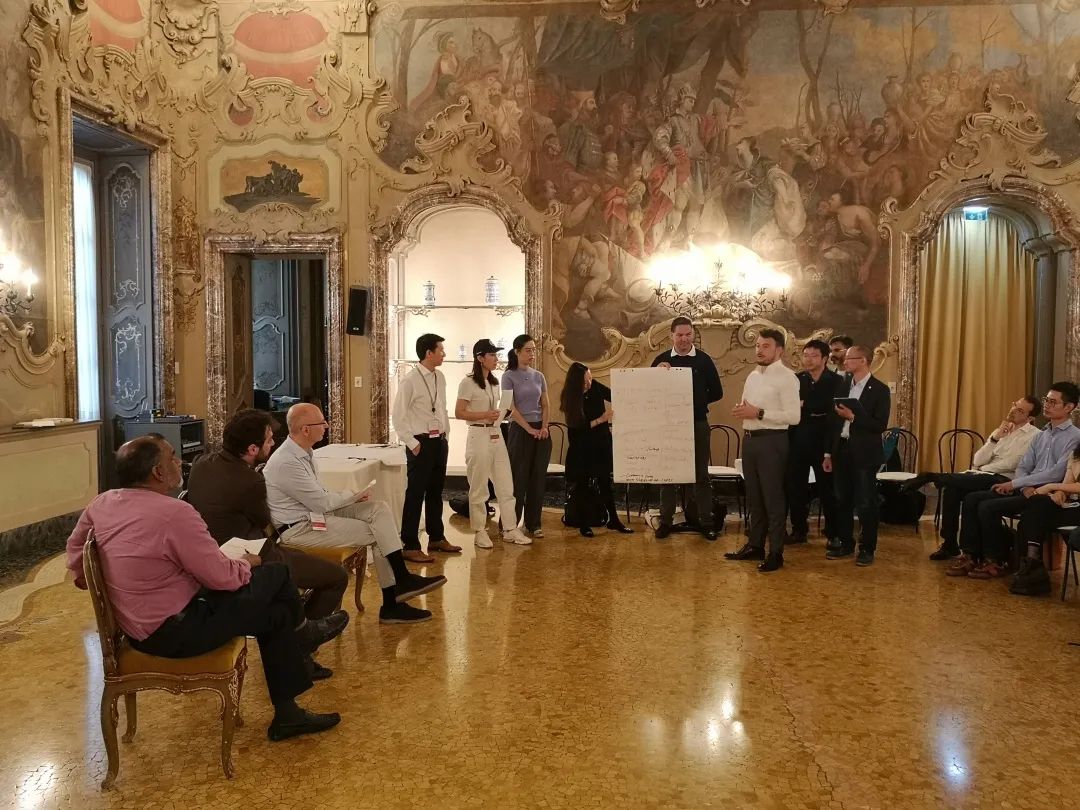
A Peek behind the Velvet Curtain – GEMBA students visit world-famous luxury companies
During their time in Switzerland and Italy, students were treated to a glimpse of the inner workings of several global giants in the luxury goods industry. Their company visits began with the manufactory of watchmakers H. Moser & Cie, followed by that of Swiss shoe brand Bally, and Italian lighting brand FLOS.
Not only did they get the chance to see how these desirable branded products are made, they also experienced firsthand the storytelling element of these brands – something that is as well-crafted as the items themselves. Artisans as well as executives were able to give our students insight into the importance of heritage as a source of inspiration and a vital means to connect with the customer.
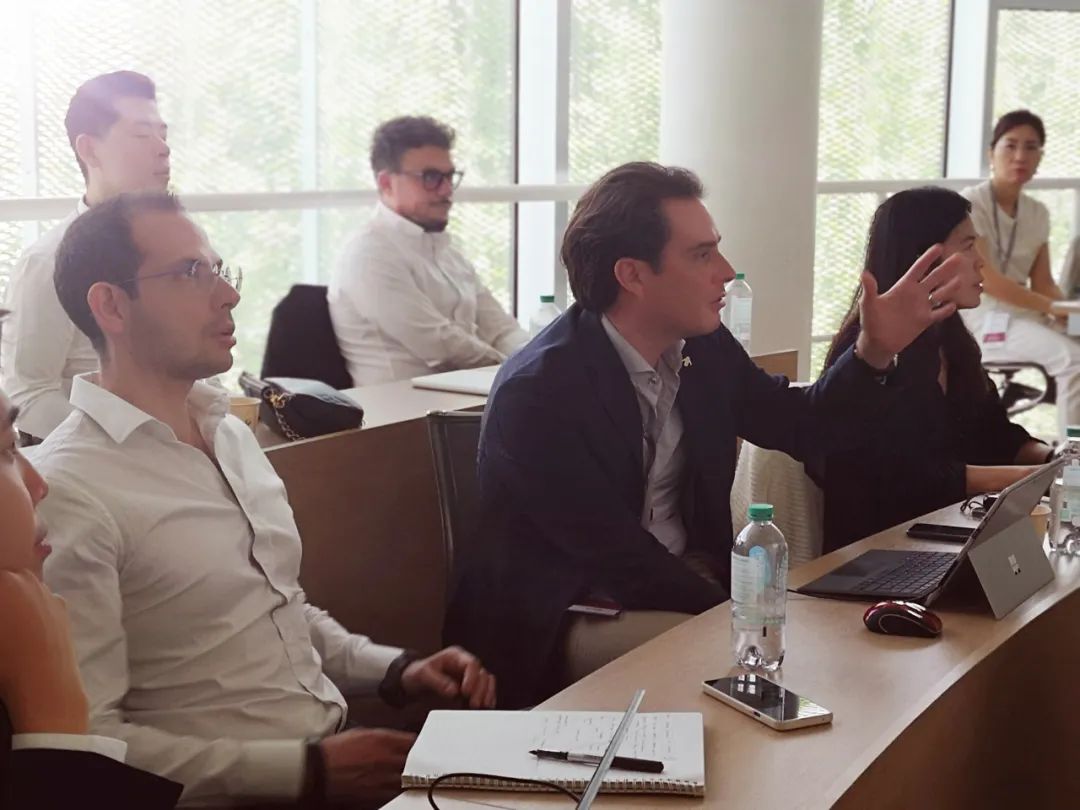
“Buono, Bello e Ben Fatto” (good, beautiful and well made) is the definition of ‘luxury’ according to the principles of Italian Excellence. My key takeaway from this module was that aesthetics in every detail is what triggers an intimate relationship between luxury creators, artisans and consumers. Luxury has now become the reflection of a commitment to storytelling about heritage and consumer behaviours. Luxury is not the product itself, but the product within its own story, that is what makes it uniquely precious. However, we also learned that luxury companies face new challenges regarding communication and sustainability; their e-commerce platforms often struggle to tell the same story as the in-store experience, and better inventory management is now essential for a more environmentally friendly stance that today’s consumers prefer.” – Eugenio Loccarini, Senior Manager, Pirola Advisory China, Global EMBA 2021
Similarly, a deeper understanding of the very nature of the luxury business was another source of invaluable insight.
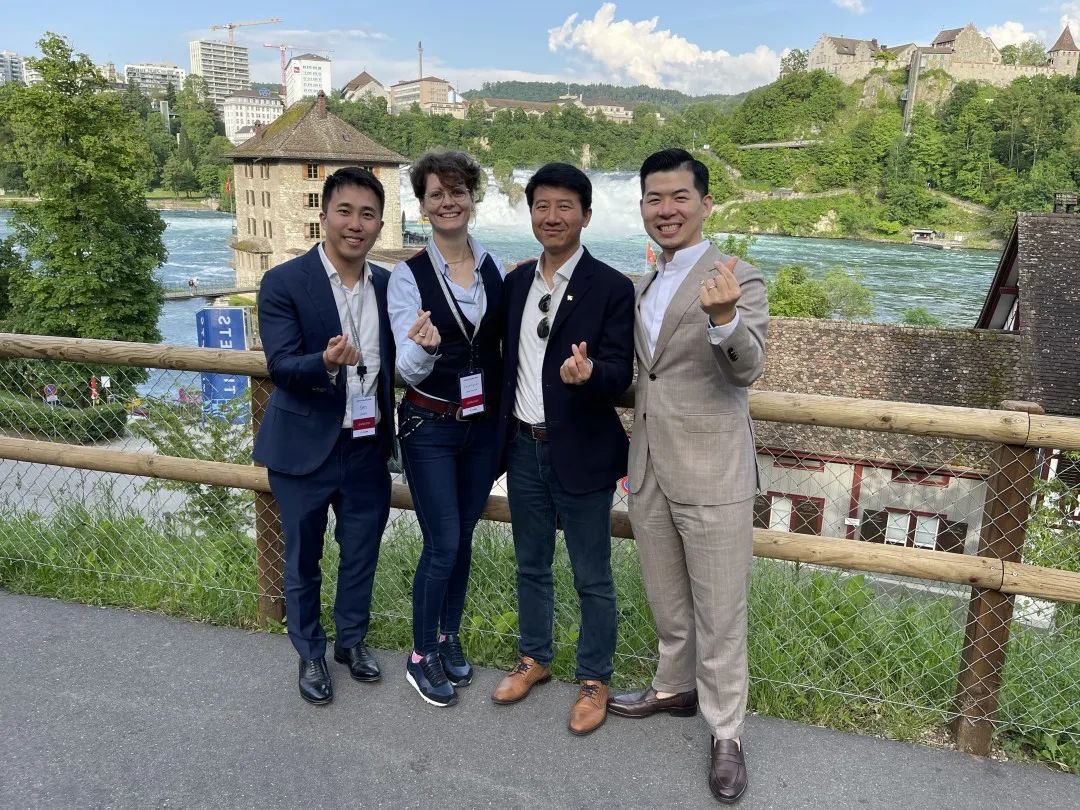
“The companies we visited were very welcoming, generous, and open to all our questions. For me, the key learnings were understanding what makes a brand truly 'luxurious' -- from its self-definition, to its heritage, supply chain ecosystem for building high-quality products, and the immersive experiences offered. It was also fascinating to discuss the birth of luxury in France, Italy, and Switzerland and observe how culture influenced them, highlighting the differences between them.” – Laure-Cécile Lafond-Fenonjoie, Founder & CEO, Obel Frey Talent, GEMBA 2020
However, students and their professors also took the time to enjoy their travelling freedom, soaking up the sense of fun and enjoyment alongside the academic lessons to be learned.
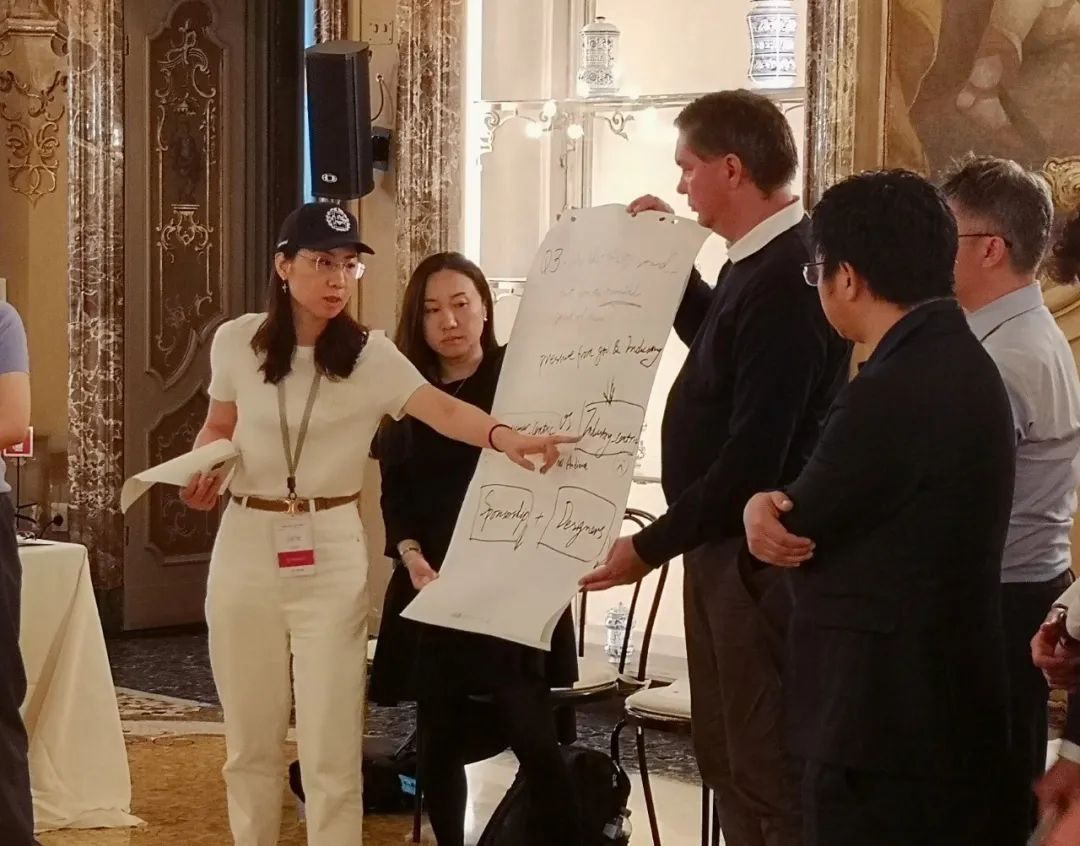
“This was the best module I have ever experienced during my time at CEIBS. When I was pursuing my MBA degree (also at CEIBS) I didn’t participate in the Overseas Exchange Programme. That was a big regret for me. So, this time around, I’m thrilled to have completed the whole experience. Travelling with my classmates and professors felt like a big family trip. From the company visits to the expert addresses in CEIBS Switzerland and Bocconi campuses, tasting great food, wine and visiting historical sites, there were simply too many exciting and beautiful memories to recount!” – Jane Chen, Vice President, NBA China, Global EMBA 2021
GEMBA Globetrotters – the world in their sights
Fresh from the success of this year’s opening Global Module, preparations are already in motion for the second of the series. Looking further ahead, members of the Global EMBA family have the opportunity in 2023 to choose from five additional Global Modules, focusing on Africa, Southeast Asia, Japan and South Korea, Europe and Israel. CEIBS Professor of Economics, Associate Dean and Director of the Global EMBA programme, Professor Bala Ramasamy, outlines just how much of a difference the return to global modules will make to the learning journey of all who attend:

“Global Breadth is an essential aspect of the Global EMBA programme. Of course, students are exposed to the international dimension in the classroom through international cases, an international cadre of professors, and the fantastic diversity of students they interact with. However, there’s nothing quite like experiencing first-hand the opportunities and challenges faced by companies in various geographies. This is where the global modules come in. Students have the chance to listen and engage with business leaders, government officials and thought leaders – as well as observe directly the operations of local companies. This gives them international exposure on a wide range of themes including innovation, luxury industries, emerging markets, social enterprises and sustainability.”
It’s clear from both the students and professors that getting back to learning with global breadth in mind is a welcome return to normal. With their sights set on the rest of the world, 2023 promises to be a year of broadening horizons for everyone at CEIBS.












